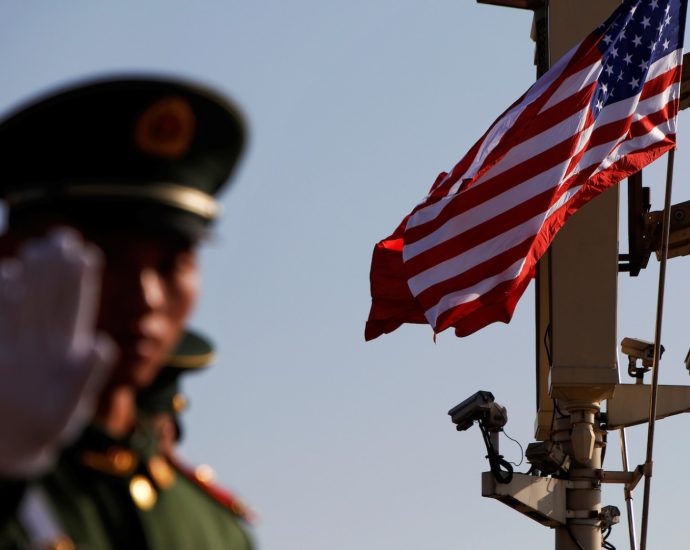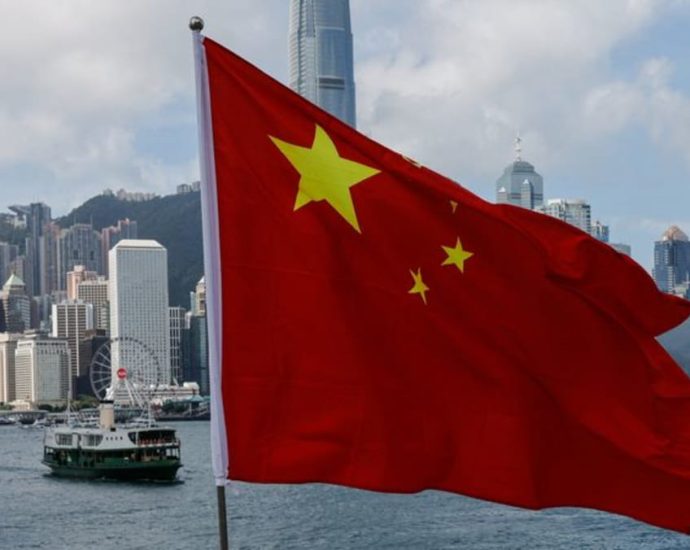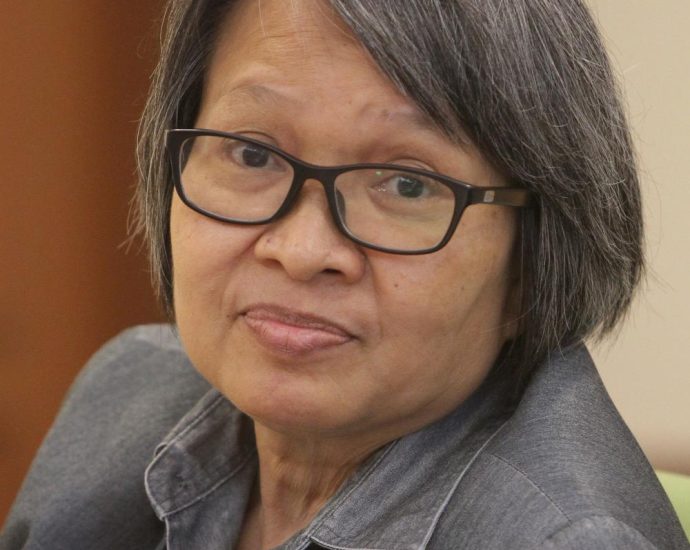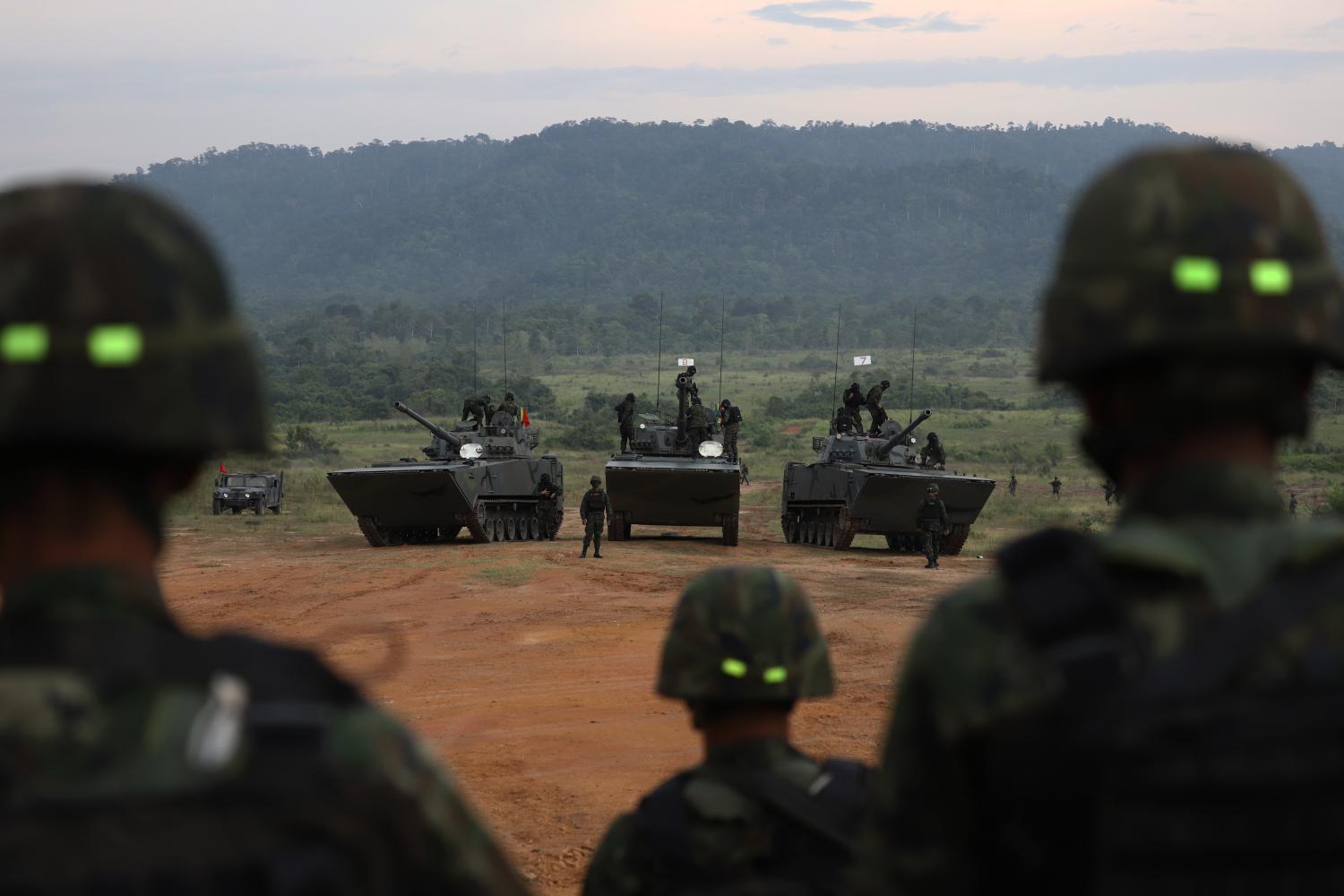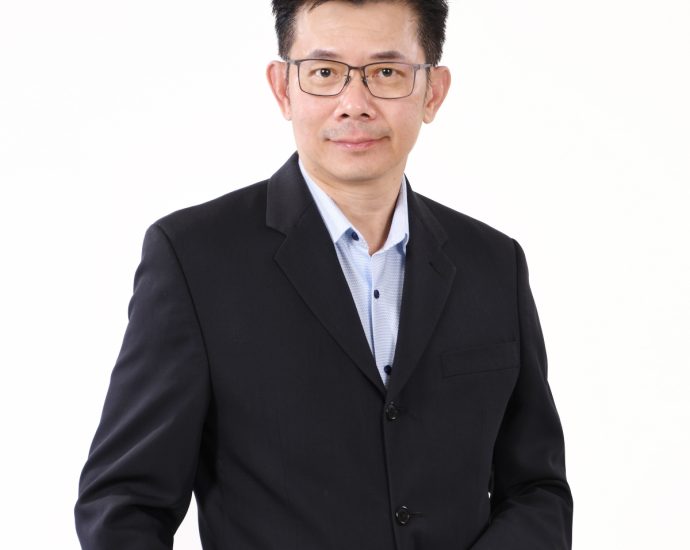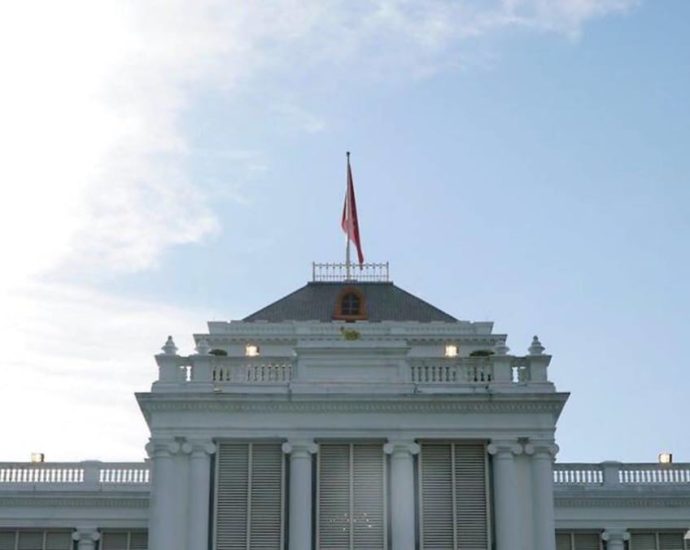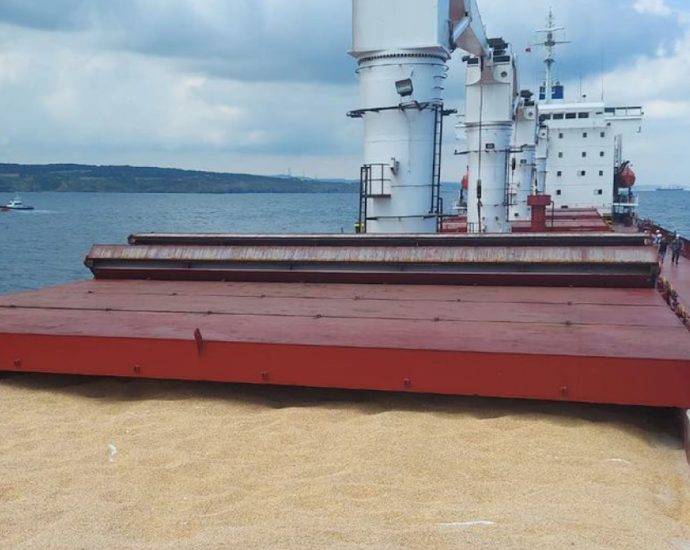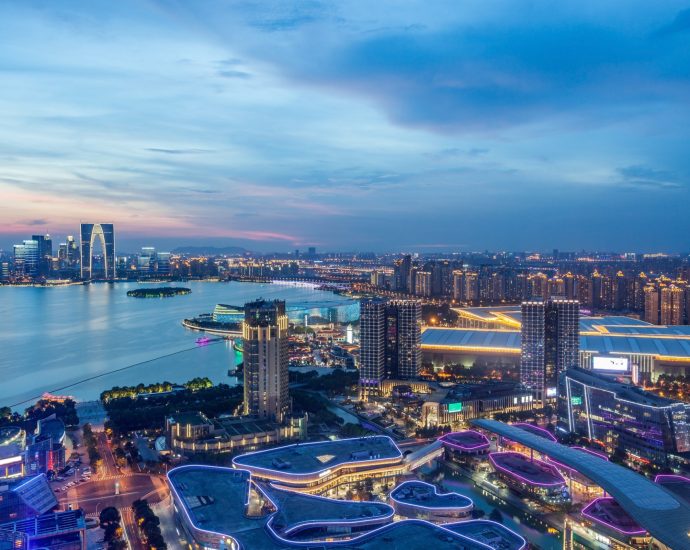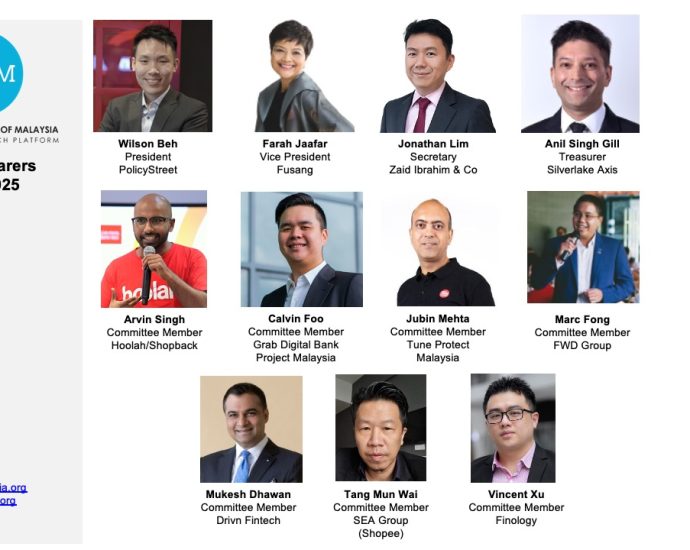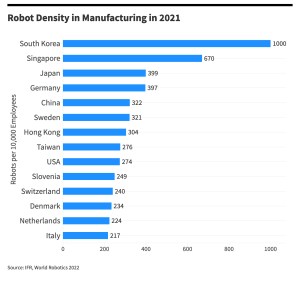In Malaysia, migrants say they are in limbo after promised jobs fall through
The 23-year-old, who declined to be identified for fear of backlash from recruitment agents, signed a two-year contract with a Malaysian cleaning company but has not started work. He said he, like others there, had borrowed 300,000 Nepali rupees (US$2,300) to pay an agent for the job. He was promisedContinue Reading


